THE SHIP by Antonia Honeywell is out on Thursday this week and to celebrate the publication of this extraordinary debut novel, I asked Antonia a few questions about her writing. Enjoy…
First, here’s the blurb:
Children of Men meets The Handmaid’s Tale: a dystopian epic about love, friendship and what it means to be free.
Welcome to London, but not as you know it.
Oxford Street burned for three weeks
The British Museum is squatted by ragtag survivors
The Regent’s Park camps have been bombed
The Nazareth Act has come into force. If you can’t produce your identity card, you will be shot.
Lalla, 16, has grown up sheltered from the new reality by her visionary father, Michael Paul. But now the chaos has reached their doorstep. Michael has promised Lalla and her mother that they will escape. Escape is a ship big enough to save 500 people.
But only the worthy will be chosen.
Once on board, as day follows identical day, Lalla’s unease grows.
Where are they going?
What does her father really want?
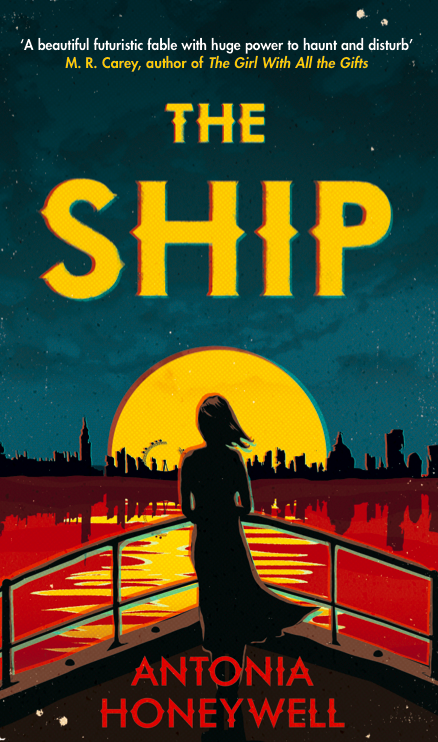
I
found it very interesting how Lalla doesn’t know the fabric and texture of our
world now, so has to have this explained to her. Did you make a list of
contemporary things you wanted to include in these explanations or did they
just pop up as you went along?
It was a little of both,
to be honest. As I wrote, the apple became the main symbol of what’s been lost,
but it started with an orange. One of my children, who was about four at the
time, went through a very intense relationship with oranges. They really were
the only fruit, for a period of about six months. And I got so tired of peeling
them! He didn’t like them quartered – he liked them peeled. And he didn’t like
clementines or mandarins or easy peelers. So somehow I ended up wrestling with
orange after orange – all that pith! And as I was cursing oranges and their
mess and unpredictability, I found myself wondering how you’d explain an orange
to someone who’d never seen one. That got me thinking about all the things
Lalla’s father would want to have on the ship for which Lalla, in post-collapse
London, would have no context. Not just apples and oranges but birthday
parties, book groups, sport – and friendship.
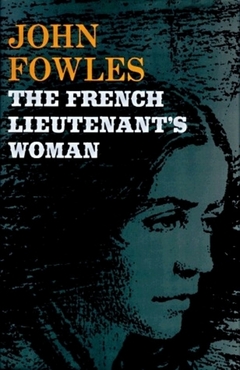
Can
you explain your choice of her name ‘Lalage’? I know it comes from Fowles’
French Lieutenant – what does this novel mean to you?
The French Lieutenant’s
Woman is one of my favourite novels. I read it for the first time when I was
fourteen – I remember it so clearly, I had the film tie-in paperback, terribly
battered – and loved it with all the emotion a teenager is capable of. I still
do. What John Fowles does in that novel is encapsulate a society in the throes
of change. Sarah Woodruff is the outcast according to Victorian mores – but the
very attitudes that make her unfit for Victorian society render her welcome to
the forward thinking community in which she eventually makes her home. By the
end of the novel, it’s not she who must change for her Victorian lover Charles,
but Charles who must change for her. And the dual ending – which I love – shows
that Charles himself is the one who stands to gain or lose by his decision. She
offers him a choice. And Lalage is the name she gives their child. I love the
name, and when I created another young girl who ends up unwittingly holding the
future of humanity in her hands, Lalage was the only possible name for her. By
shortening it to Lalla, I hoped to show how her father infantilises her.
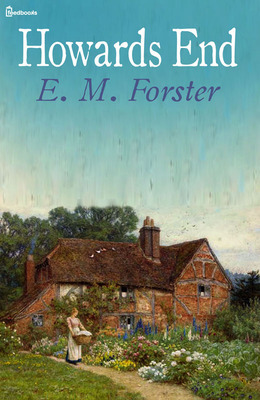
The
Ship itself as a symbol – I’m thinking of Howard’s End for Forster, Home Place
for Howard – the good home as an image – how does the ship itself echo or
subvert this?
The ship is created to
be a home for Lalla. Her parents have filled it with all the things anyone
might want and need in a home – friends, food, occupation, recreation,
laughter. Above all, they’ve created a place of safety. But the home is not
always a place of safety. It can be a dangerous place, full of secrets. Most
domestic abuse and violence takes place in the home; the word itself is a wall
behind which only the privileged may peek. Howard’s End and Home Place are made
homes, not by bricks and mortar, but by the comings and goings of the families
who live there. For a house – or indeed a ship – to be a home, the door has to
be left open.
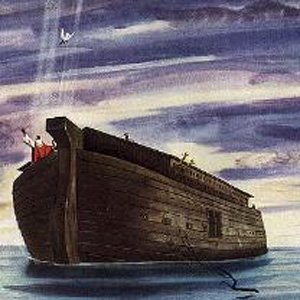
How
does religious imagery play its part in the novel and why did you feel this was
important to the narrative?
The religious imagery
came about almost by accident. I was thinking about the lives the characters
lived before Michael Paul offered them berths on the ship. They were living
without hope, and he came and gave them hope. They were hungry, and he fed
them; naked, and he clothed them. The religious language came quite naturally.
In one draft, the people started to call him Father quite early on, although as
the characters developed I let that go. The point is that they were chosen.
They have to believe that they were chosen for a reason, because otherwise the
thought of those left behind would be unbearable. To Lalla, of course, the
thought of those left behind is unbearable. This puts her at odds with an accepted
truth – it robs her of the ability to express her thoughts and explore them.
Organised religion does something similar – and if any readers are interested
in my religious views, please do go and have a look at A Cautionary Tale for
Justin Welby on my blog.
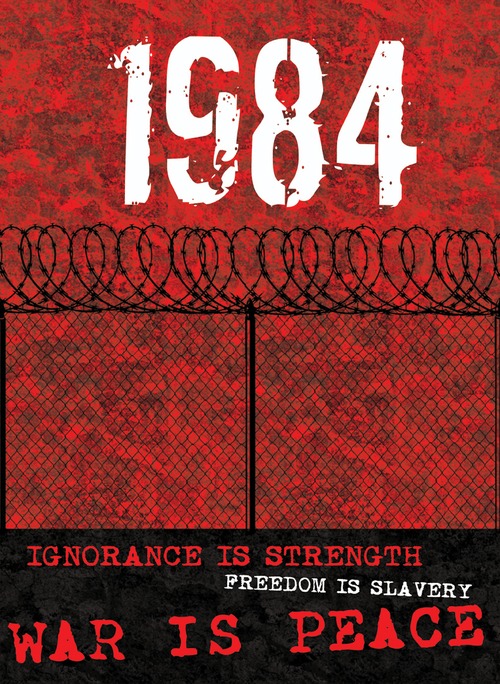
What
are your favourite speculative fiction novels and why?
I love Nineteen Eighty
Four and The Handmaid’s Tale; I’m also a huge admirer of Doris Lessing’s
Memoirs of a Survivor. For me, the interest lies in the way that, by shifting
the perspective of society slightly, the writers can explore character
motivation and the relationship between society and self. It’s like turning a
kaleidoscope – the same bits of coloured glass form a whole new pattern, a new
take on the familiar.
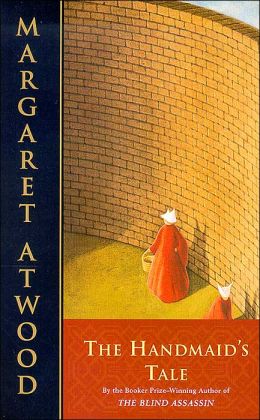
What
historical parallels do you find within this novel?
For me, the parallels
aren’t historical, they’re contemporary. Every time I read the newspaper, I
find something that suggests I haven’t been particularly radical in my readings
of what’s going on in the world. The rich are getting richer. The burden of
austerity is falling on the poor. Mansion tax is unthinkable – we mustn’t drive
away all those lovely rich people! – but bedroom tax is perfectly acceptable.
And fear. There’s so much fear. Only this morning, I read that Israel is
offering a home to France’s Jews. And you would have to be numb not to
sympathise with that. We’re losing our ability to connect. And Michael Paul’s
plan for his daughter is, perhaps, the ultimate expression of that loss of
connection.
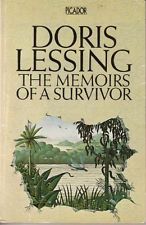
Where
did the idea first come from?
The idea came when I
fell in love with James (now my husband). I didn’t have a very happy childhood;
geographically and emotionally, my first three decades were built on shifting
sands. And when I came to solid ground, I wanted to keep it, to protect it,
especially when children came along. In the sheer insanity of their early
babyhood, I fantasised about buying a remote castle with a moat and growing all
our own food. I don’t know what readers will think of Michael Paul, but I do
know there’s a little bit of him in anyone who’s ever loved.
Alternative
history – did you plan a timeline from present day to the time of the book and
include major world events, or was it more amorphous than that, like their fading memories on the ship?
The novel started out as
a series of ideas – in fact the first draft was almost entirely composed of
impressions and self-contained episodes. I knew where it was going, but one day
I saw that I’d written over 150,000 words without getting there. So I wrote the
last chapter and then worked backwards. Subsequent drafts entailed many
timelines, one of which was working out how the world got from here to there.
It’s all in the novel, but hopefully not too apparent.
Parts
of the story are about narrative and seem to be playing with the idea of
narrative structures. I’m thinking you have probably studied narrative theory –
if so, which are your favourite theories/theorists/books on narrative? And I
get the sense at points that Lalla feels she’s living inside a story. Perhaps
most writers feel like this at some moments! Is that ever true of you?
That particular section,
in which Lalla reflects on her life aboard the ship as though she were a
heroine in a disaster film, came less from an interest in narrative structure
than from a feeling that we all, at times, feel we’re acting in the film of our
own lives. I feel it every Christmas, when my children and parents in law and
my own mother and father are all sitting round the table sharing a huge turkey
looking like a John Lewis advert (minus penguins) and I find myself thinking, no one knows what has gone into this, no one
can see where we’ve come from to be here today. It looks like a happy
ending, but of course in real life the story rolls on, messy and complicated. I
think human nature thirsts for endings – we create them for ourselves, we seek
them in stories. But stories are the only place in which they exist. My
favourite narrative theorist is Humpty Dumpty in Alice Through the Looking Glass,
who says, ‘Start at the beginning, go on until you reach the end, and then
stop.’ That’s what I tried to do with The Ship.
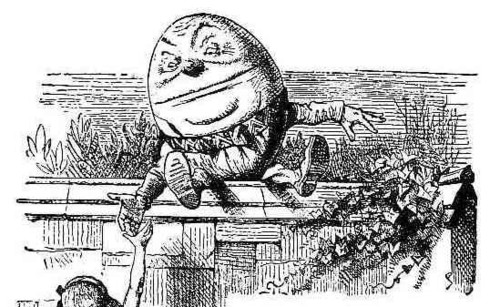
What
was your inspiration for putting phrases at the beginning of each chapter? It
reminds me of C18th novels, and some of Dickens’ too (and Fowles). Why did you
decide to include these, in a futuristic/speculative novel? Does the fact of
them echo some of the novel’s themes e.g. knowing the future, storytelling?
It’s a feature of
children’s stories as well as classic novels – A.A. Milne does it in Winnie the
Pooh, and Noel Langley in The Land of Green Ginger, and we’ve already mentioned
my admiration for John Fowles. On one level, I wanted to create a connection
between my dystopian fable and all the storytellers that have gone before me;
on another, I wanted to give Lalla’s story a sense of timelessness. It took a
few drafts to decide to make the chapter headings simple statements of plot
though; to start with, they were all statements about the end of the world from
different periods of history, relevant to each chapter. Then they were
quotations from current newspaper reports. Eventually I settled on something
simple that wouldn’t date, because every era has its doom mongers. Some have
been right, some have been wrong, but The Ship, above all things, is a novel
about hope.
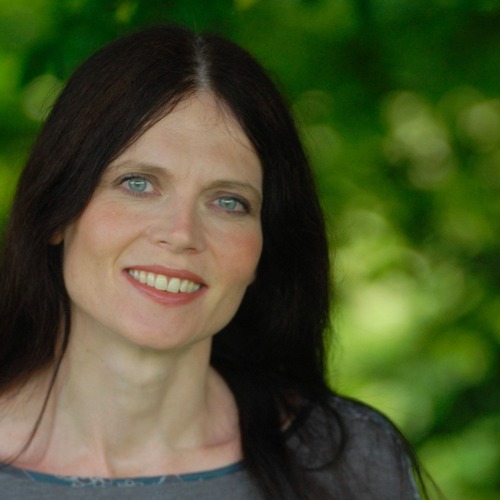
You can find Antonia online here:
https://twitter.com/antonia_writes
http://www.antoniahoneywell.com/
Thanks for some fascinating answers here, Antonia.
THE SHIP is published by Weidenfeld and Nicolson, 19th February 2015.